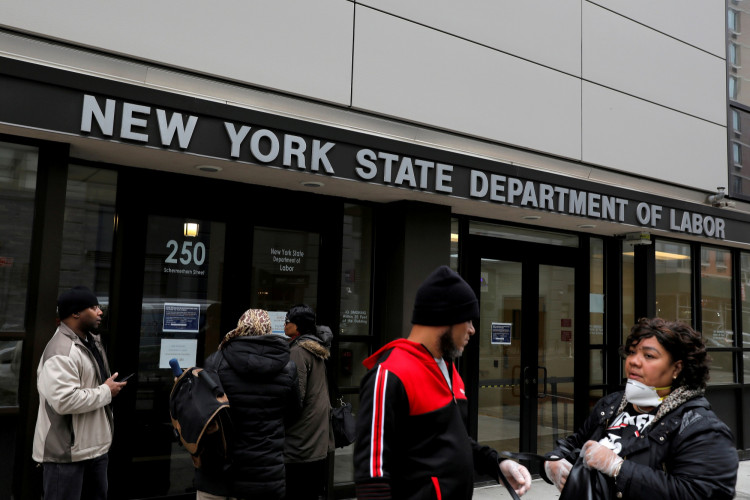Struggling American families and small business need -- but won't get -- the $3 trillion required to see them past the continuing financial pain induced by the COVID-19 pandemic.
Democrats in their HEROES Act passed by the U.S. House of Representatives on May 15 proposed a $3.2 trillion coronavirus rescue package. Now, William Lee, chief economist at California-based economic think-tank the Milken Institute, also argues for a $3 trillion stimulus package.
He said much of this money, however, should be spent on programs incentivizing businesses to increase remote working capabilities and helping the unemployed find jobs in companies with viable business models.
In contrast, Democrats plan to use a fair portion of the money in the HEROES Act on short-term relief measure such as a second stimulus check, a renewal of the $600 weekly unemployment allowance and the continuation of the Payroll Protection Program.
The Republican Party opposes the huge amount sought by Democrats and on Tuesday revealed their own "skinny" spending bill amounting to only $500 billion. The GOP bill provides a $300 weekly federal unemployment benefit until December 31 and new relief for small businesses. It also offers a second round of funding for the Paycheck Protection Program for small businesses. There is no second round of stimulus checks included in the bill.
As a result of this impasse, struggling American families and firms aren't assured of receiving any more federal financial assistance this month.
Lee, however, believes only a huge solution will solve the huge problem that is the economic paralysis triggered by the COVID-19 pandemic. This is the reason why further fiscal stimulus is important but American politicians "seem not to be able to hear that message," said Lee.
"Every penny helps and the danger is that these guys will fiddle around to try to redesign the program to really meet some perfectionist criteria that shouldn't be."
He said both Democrats and Republicans have to get the money out there and we have to get it out there now.
"I think the one thing that everyone ... agrees with is we have to get in there and get in big," said Lee to CNBC. "The issue is how do you get big without a permanent increase in fiscal deficit."
"That's why the programs that are put in place have to be targeted and designed in a way so that they disappear once the economy comes back online again."






